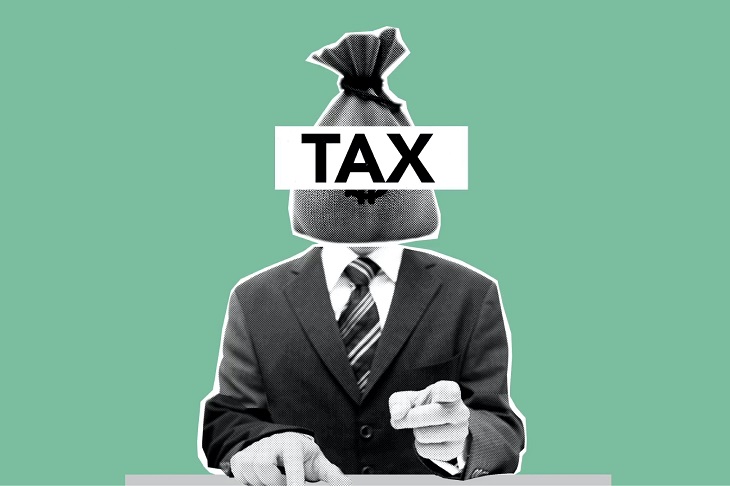Most people resent paying tax. Though it’s a sentiment just about everyone can relate to, the economic argument against tax does not stem from empathy for taxpayers, but rather from our understanding that tax often causes people to change their behaviour. For the worse.
The simple – and simplistic – view of tax is that it’s a transfer from taxpayers to the government, which then funds welfare, the military, corporate subsidies, and public service wages. This perspective boils the debate about tax down to one over the relative merits of letting taxpayers keep their wages versus letting politicians spend more on government programs. The focus is on redistribution.
While tax obviously does redistribute money from taxpayers to others, it is only half of the story. Indeed, for economists, the redistribution is the uninteresting part of the story. More important is the fact that taxes change the price incentives that people face, which often triggers a change in behaviour.
In some cases, the change in behaviour is the reason for the tax. One stated reason the government taxes cigarettes or petrol is to use the price incentive to change behaviour away from smoking and driving. Whether we like it or not, the same principle applies to income tax: it punishes people for the ‘mistake’ of being productive and profitable, and pushes people into inefficient and wasteful behaviour.
American economist Thomas Sowell put it plainly: ‘Economic policies need to be analysed in terms of the incentives they create, rather than the hopes that inspire them.’
How do people change their behaviour in response to income tax? Early analysis concentrated on people’s willingness to work, as measured by the elasticity of labour supply.
Advocates for high-income tax point out (correctly) that the labour supply elasticity is relatively low. In layman’s terms, income tax has little impact on how much people work.
While partly true, once again this argument is incomplete. Taxpayers respond to higher taxes in many ways, not just through labour supply changes. Higher tax means more incentive to hire tax accountants to come up with evermore inventive ways to minimise tax. For less scrupulous taxpayers, there is also a higher incentive to illegally evade taxes. For people willing to move, high taxes encourage people to shift jurisdictions. This is all wasteful and inefficient behaviour.
Perhaps most importantly, high-income tax decreases the incentive for people to undertake dangerous, difficult, unpleasant, and risky projects. If there is little premium from doing difficult work, then some people shift into easier careers. If there is minimal profit from taking risks, then people will shy away from the sort of innovation and entrepreneurship that drives economic growth.
Once all these behavioural changes are factored in, the case for income tax cuts becomes overwhelming. This is particularly true for the stage-three tax cuts that were passed last year with bipartisan support and represent the most important piece of microeconomic reform in Australia for 20 years.
Dr John Humphreys is Chief Economist at the Australian Taxpayers’ Alliance
Got something to add? Join the discussion and comment below.
Get 10 issues for just $10
Subscribe to The Spectator Australia today for the next 10 magazine issues, plus full online access, for just $10.


























Comments
Don't miss out
Join the conversation with other Spectator Australia readers. Subscribe to leave a comment.
SUBSCRIBEAlready a subscriber? Log in